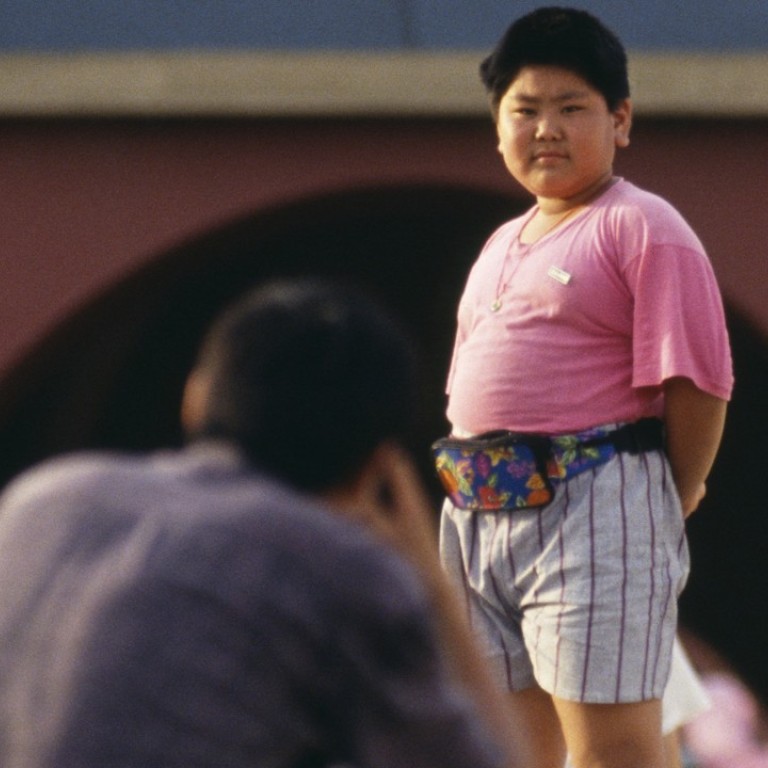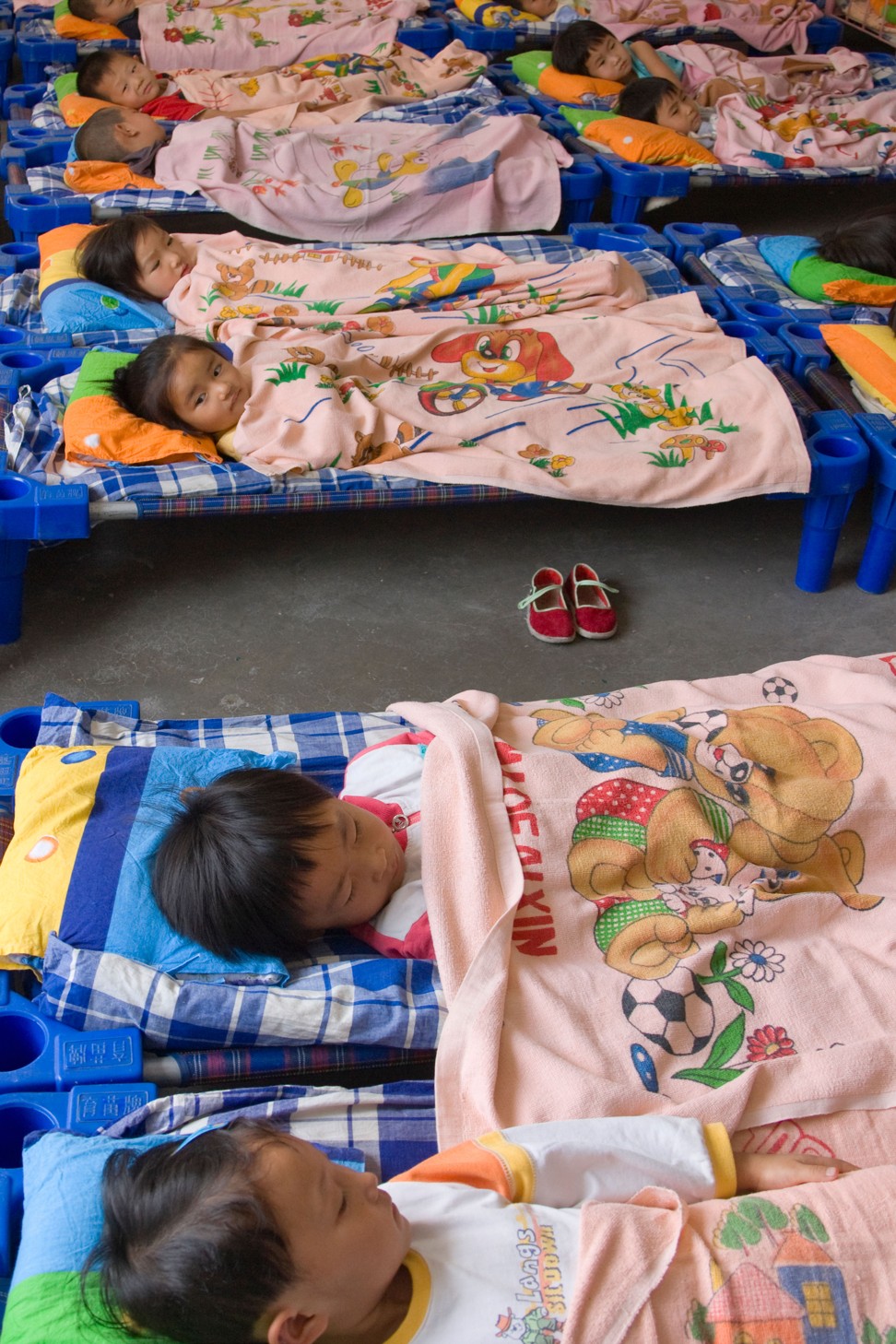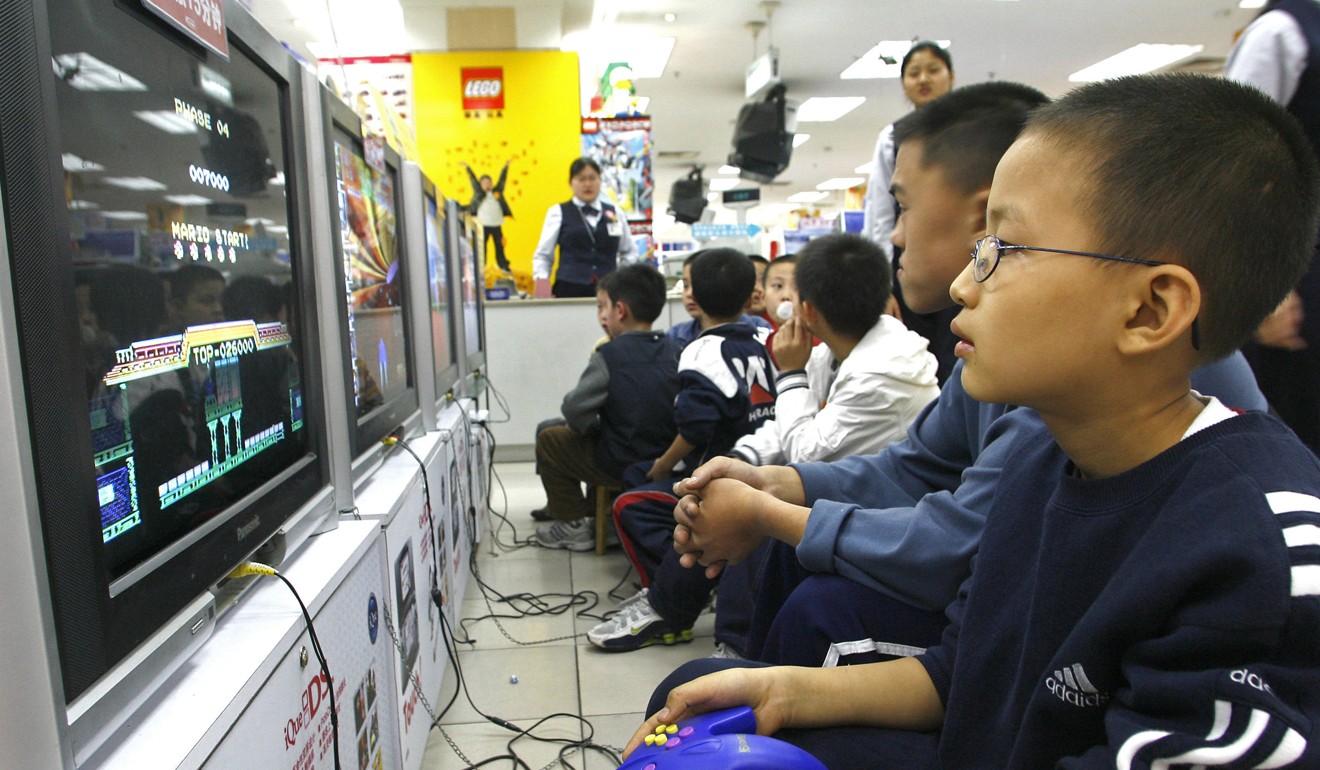
How Chinese children are at higher risk of obesity from lack of sleep and late bedtimes
Less sleep causes an appetite imbalance, which causes us to overeat. In China, cultural influences including long hours of study, less exercise and later bedtimes, mean that Chinese children are more at risk than Western kids
We know from research that children who do not get enough sleep run a higher risk of developing obesity than those who sleep well. A recent study into the sleeping habits of children aged nine to 12 in Guangzhou, southern China, came to the same conclusion. It also found that Chinese children are sleeping less than youngsters in the US and Europe, so as a consequence, they are at a higher risk.
Peymane Adab, professor of chronic disease epidemiology and public health at the University of Birmingham in Britain, which collaborated with Sun Yat-sen University and the Guangzhou Centre for Disease Control and Prevention in the research, says Chinese children in the age group studied tended to go to bed later than their Western counterparts.
Can you get too much sleep? And is it bad for you?
“Not only did our study demonstrate an association between shorter sleep time and obesity in the pre-adolescent/early adolescent children, we also found that independent of the amount of sleep, going to bed late at night – even if you sleep longer – is also a risk factor for increasing obesity,” she says.
There are a number of possible explanations for this, Adab says – some biological and some environmental. “Less sleep leads to an imbalance in appetite regulating hormones, which makes us more likely to feel hungry and therefore eat more. There are genetic factors that alter the hormonal influence and can predispose to obesity,” she says, but there is no evidence that these genetic factors are different in Chinese populations.

However, cultural and social characteristics in China may play a role. One example is parental expectations, particularly the pressure to perform well academically, which in turn can lead to more study time, less exercise and later bedtimes, Adab says. Then there’s later evening meal times and different societal norms around sleep.
“Less sleep is likely to contribute to tiredness and lower energy for exercise, and also provides more opportunities for snacking or eating energy dense foods – both of which contribute to higher rates of obesity,” she says.
Adab concludes that not only did the study demonstrate an association between shorter sleep time and obesity in pre-adolescent or early adolescent children, but “we also found that independent of the amount of sleep a child gets, going to be late at night – even if they sleep for longer – is also a risk factor for increasing obesity”.
How much sleep 15 successful people get
The American Academy of Sleep Medicine, which Adab says developed the most widely cited guidelines on sleep requirements last year, outlines recommendations for children of all ages. Children aged six to 12 years should sleep nine to 12 hours per 24 hours on a regular basis to promote optimal health, it states.
Scarlett Mattoli, a psychologist and counsellor at Hong Kong mental health consultancy Psynamo, agrees.

“Sleep is an integral human process and a necessary element for physical growth and cognitive development in children and adolescents, and for recovery and consolidation of daily happenings at all ages. The sleep cycle serves many purposes in mammals, and there are two key things that happen when we sleep,” Mattoli says.
“Firstly, growth hormone is released early on in the sleep cycle, which helps the body to grow and repair itself. This is important for children to grow properly. The amount of growth hormone needed and released is related to developmental stages and is reported to halve around our mid-20s and halve again at around the age of 40.
Hong Kong urged to wake up to the importance of a better night’s sleep
“Secondly, later in our sleep cycle, our brain decides what information to keep and what to let go of from the short-term memory storage, an important part of cognitive processes and learning.”
Mattoli also acknowledges the link between insufficient sleep and obesity, saying: “Lack of sleep and stress are both contributors to fat storage and inefficient usage of existing energy stores.”
Less sleep is likely to contribute to tiredness and lower energy for exercise, and also provides more opportunities for snacking
Over the past 15 years, there has been growing evidence that children and adolescents are getting less and less sleep, while type-2 diabetes is becoming more and more common in young people. Research in the US suggests that for every extra hour of sleep children get, risk factors for type 2 diabetes, such as body mass index, body fat, insulin resistance and glucose levels, all drop.
You can encourage better sleeping habits in a number of ways, specialists say. First, by limiting screen time before bed; it has been suggested that longer screen times may be affecting sleep by reducing the time spent doing other activities – such as exercise – that may be beneficial for sleep and sleep regulation.
Teaching pupils about benefits of rest has no effect on their sleeping habits: study
Keep bedtime routines consistent and peaceful, avoid high caffeine food and drink before bed – which could include a hot chocolate, often prescribed at bedtime, as well as a number of other surprising caffeine carriers: some juices, yogurts and even trendy designer waters can conceal hyperactivity-inducing caffeine. You need to consider whether your children are getting enough sleep if they fall asleep in the car often, have a tough time waking up for school, can’t focus or seem more irritable or emotional than usual.

